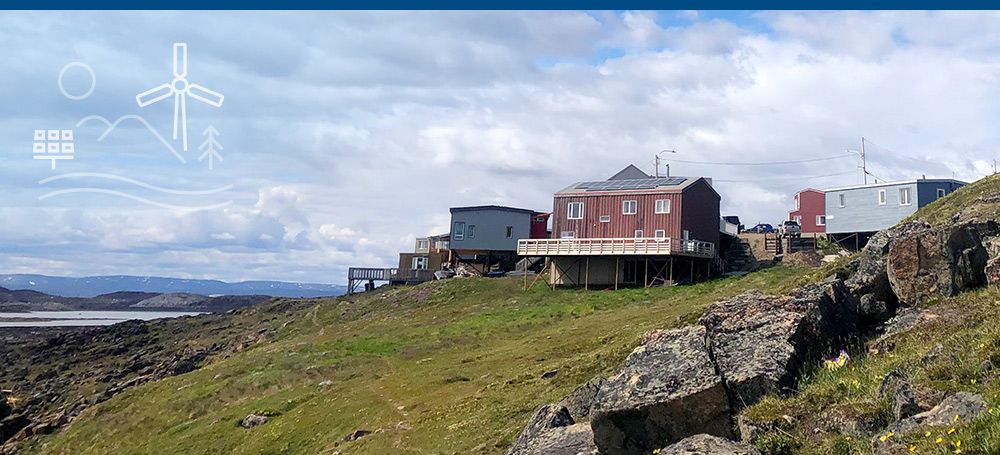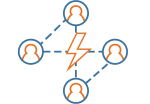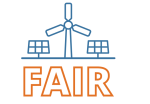
READ MORE
Series: Climate and energy policy advancements
The Pembina Institute’s Renewables in Remote Communities program seeks to support remote and Indigenous communities in their pursuit of energy sovereignty and independence. Through the program, we conduct research, offer solutions and assist communities in their transition off diesel and toward clean and renewable energy systems.
With a focus on climate and energy policies, electricity regulation and diesel reduction, we offer a range of resources and information to communities and policymakers addressing diesel fuel challenges in remote and Indigenous communities. From policy research and workshops to conferences and network-building, we aim to support Indigenous-led and community-based efforts to create a clean and sustainable energy future.
What we do
|
|
|
|



